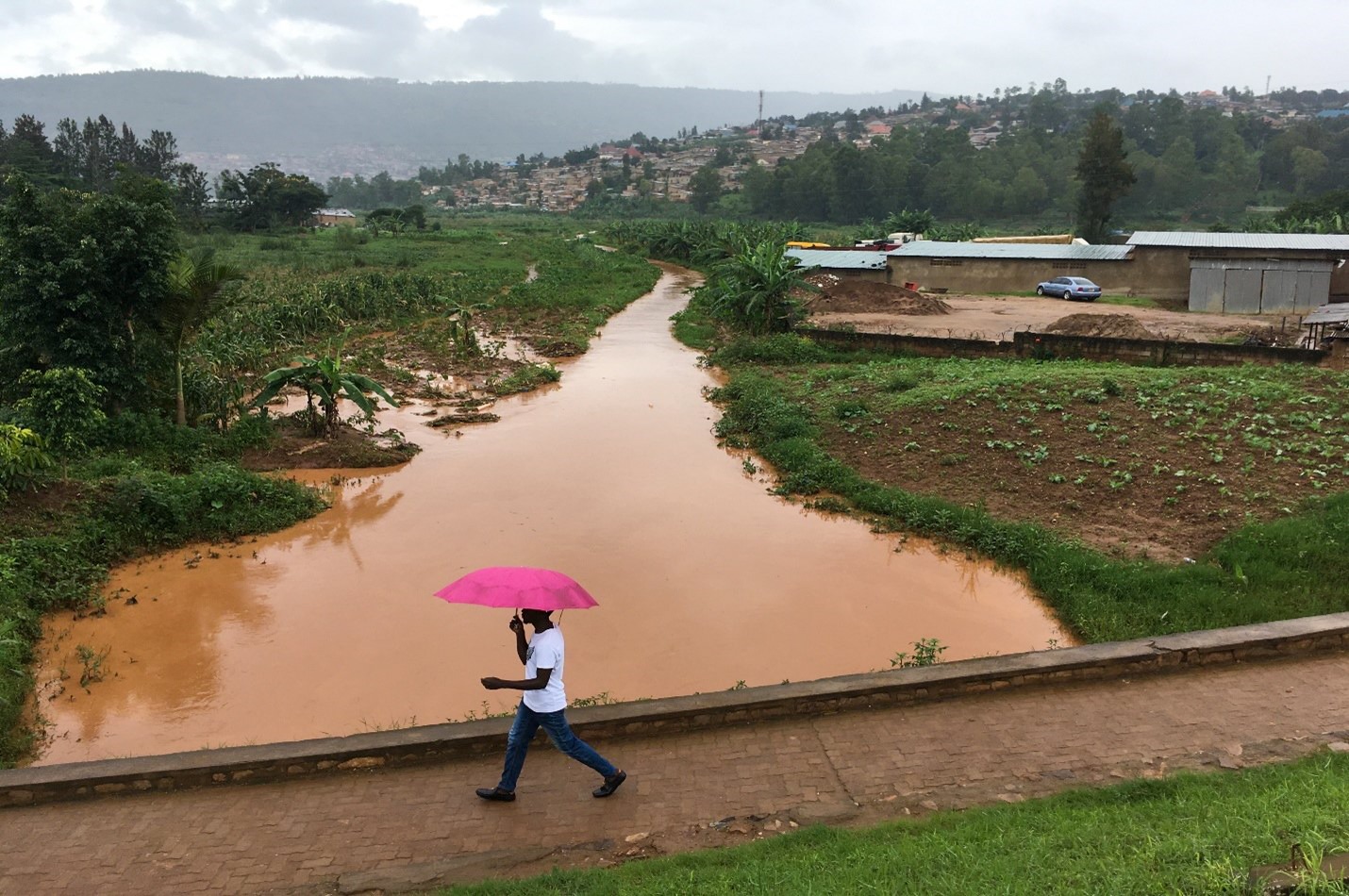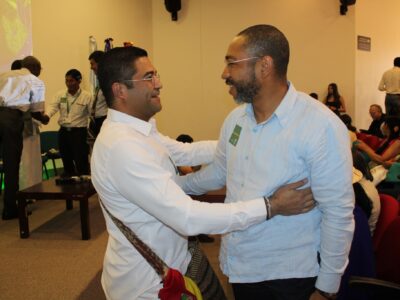
Healthy ecosystems form the bedrock of our survival and well-being. They provide us with essential goods, including food, fodder, fresh water and air, fuel, fiber, and medicines. Stable ecosystems also furnish us with multiple services, including the suppression of pests and disease, erosion control, flood protection, soil formation, climate and carbon regulation, and the provision of habitat for biodiversity. In the face of severe threats, such as climate events, food and water insecurity, and the COVID-19 pandemic, ecosystems are the bodyguard at the door to help us meet these challenges.
Unfortunately, farmlands, forests, grasslands, and aquatic ecosystems are rapidly deteriorating. A recent United Nations (UN) report indicates that about one-third of cropland and rangeland is degraded and 420 million hectares of forest have been converted for other land uses since 1990. Almost 90 percent of all wetlands have disappeared since 1700. The attritional degradation of ecosystems cripples our resilience and capacity to thrive, with the most severe impacts disproportionately affecting women, indigenous peoples, and other marginalized groups. As the global population swells to nine billion by 2050, demands on already stretched ecosystems will only increase.
Although the agriculture sector is a global driver of ecosystem degradation, it doesn’t have to be. A growing movement of farmers, consumers, and other landscape actors reminds us that regenerative food systems are not only possible but also lucrative. Under three USAID-funded programs — the Forest Incomes for Environmental Sustainability Activity in Liberia, the Victory Against Malnutrition Plus Activity in Burkina Faso, and the Feed the Future Kenya Livestock Market Systems Activity in Kenya — ACDI/VOCA is boosting productivity while conserving forests, deepening drought resilience, reclaiming degraded land, and restoring watersheds.
In partnership with the UN Convention to Combat Desertification, ACDI/VOCA contributes to the Great Green Wall Initiative’s goal of restoring 100 million hectares of degraded Sahelian land by 2030. These actions and others like them play an important role in delivering one-third of the climate mitigation needed by 2030 to keep global temperatures below two degrees Celsius. But a lot more work is needed if we are to achieve the wholesale adoption of food systems that operate within the limits of the planet’s systems.
When done together, the priorities below can advance the transition toward regenerative food systems:
Align with National and Global Initiatives
President Biden’s Leaders Summit on Climate, held in April, and ongoing programmatic adjustments by organizations like the USAID, Millennium Challenge Corporation, Development Finance Corporation, and U.S. Department of Agriculture reflect a shift in U.S. climate policy with global implications.
The Growing Climate Solutions Act is the first major bipartisan effort in the U.S. that allows farmers, ranchers, and foresters to claim carbon credits and increase climate resilience. The upcoming UN biodiversity conference in Kunming, China, and the climate change conference in Glasgow, Scotland, are being billed as make-or-break events for global conservation. The Bonn Challenge, AFR 100, and Initiative 20×20 set ambitious restoration goals for the Decade on Ecosystem Restoration, which kicked off on June 5. And the UN Food Systems Summit, to be held this September, will offer a unique chance to promote scaled-up action to promote deforestation-free commodities and restore farmland and pastureland.
Forge Partnerships, Procure New Finance
Large-scale investments in dryland agriculture will make big strides toward greater resilience to climate change. To this end, new partnerships and financial commitments are forming around specific thematic areas and geographies. For example, in January, the IAM AFRICA coalition launched with more than 100 companies committing to contribute to an agroecological economic transition. The Prince of Wales formed the Natural Capital Investment Alliance with equally ambitious goals of raising funds by 2022. Yet, more novel partnerships, such as community-private sector partnerships, triangular cooperation, and blended finance, are needed.
Strengthen Integrated Landscape Management
Where and how agricultural production occurs is a function of the direct decisions made by producers and the indirect decisions made by processors, buyers, retailers, consumers, investors, and state actors. Market levers can incentivize landscape actors to make nature-positive land use decisions by creating enabling conditions for the management of common pool resources. Integrated landscape management and stronger governance processes can also help direct expanding agriculture away from forests and onto degraded lands. Equitable, inclusive governance that recognizes the land use rights of women, indigenous peoples, and others is a cost-effective way to promote sustainable food systems and conserve forests. It’s also the right thing to do.
Restoration of degraded ecosystems is imperative for the billions of people around the planet who directly depend on the natural world for their economic activity, and the rest of us who indirectly rely on it. On World Day to Combat Desertification and Drought, it is a timely reminder that reversing the loss of ecosystems holds the key to our prosperity.
Comments




